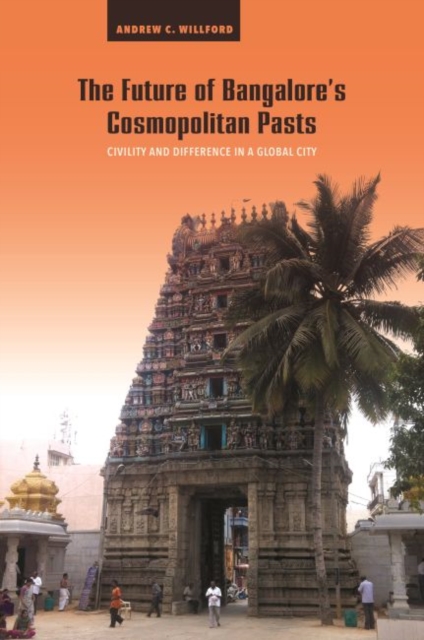CITESTE MAI MULT
Detalii
Descriere RO
Bangalore is often heralded as India's future--a city where global technologies converge with multinational capital to produce a cosmopolitan workforce and vibrant economic growth. In this narrative the city's main challenge revolves around its success: whether its physical infrastructure can support its burgeoning population. Most observers assume that Bangalore's emergence as a "global city" represents its more complete integration into the world economy and, by extension, a more inclusive and cosmopolitan outlook among its growing middle class.
Andrew C. Willford sheds light on a growing paradox: even as Bangalore has come to signify "progress" and economic possibility both within India and to the outside world, movements to make the city more monocultural and monolinguistic have gained prominence. Bangalore is the capital of the state of Karnataka, its borders linguistically redrawn by the postcolonial Indian state in 1956. In the decades that followed, organizations and leaders emerged to promote linguistic nationalism aimed at protecting the fragile unity of Kannadiga culture and literature against the twin threats of globalization and internal migration. Ironically, they support parochial cultural policies that impose a cultural and linguistic unity upon an area that historically stood at the crossroads of empires, trade routes, language practices, devotional literatures, and pilgrimage routes. Willford's analysis, which focuses on the minority experience of Bangalore's sizeable Tamil-speaking community, shows how the same forces of globalization that create growth and prosperity also foster uncertainty and tension around religion and language that completely contradict the region's long history of cosmopolitanism.
Exploring this paradox in Bangalore's entangled and complex linguistic and cultural pasts serves as a useful case study for understanding the forces behind cultural and ethnic revivalism in the contemporary postcolonial world. Buttressed by field research conducted over a twenty-two-year period (1992-2015), Willford shows how the past is a living resource for the negotiation of identity in the present. Against the gloom of increasingly communal conflicts, he finds that Bangalore still retains a fabric of civility against the modern markings of cultural difference.
Editura
Dimensiuni229 x 152
Data Publicarii30/06/2018
Format
Cartonata
Numar pagini256
Aceasta este o carte in limba engleza. Descrierea cartii (tradusa din engleza cu Google Translate) este in limba romana din motive legale.
Bangalore este adesea vestit drept viitorul Indiei - un oras in care tehnologiile globale converg cu capitalul multinational pentru a produce o forta de munca cosmopolita si o crestere economica vibranta. In aceasta naratiune, principala provocare a orasului se invarte in jurul succesului sau: daca infrastructura sa fizica isi poate sprijini populatia in plina dezvoltare.

